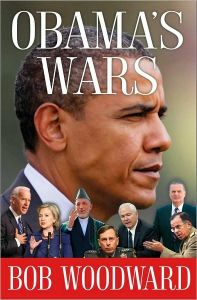Join getAbstract to access the summary!

Join getAbstract to access the summary!
Bob Woodward
Obama's Wars
Simon & Schuster, 2010
What's inside?
“I’m inheriting a world that could blow up any minute in half a dozen ways.” Read how President Obama took on the challenge.
Recommendation
Hours after his election as the 44th president of the United States, Barack Obama learned details of the top-secret circumstances that defined the Afghanistan conflict, a war characterized by inadequate resources, incomplete planning, inchoate strategy and ongoing bloodshed. Bob Woodward of The Washington Post applied his legendary reporting skills to reams of meeting notes, classified reports and interviews to recreate the often tempestuous policy making on Afghanistan that marked Obama’s first 18 months in office. Woodward’s trip to Afghanistan and his unfettered access to top officials in more than 100 interviews, including more than an hour with the president, put you at the center of marathon meetings, disputes and discussions peopled by contrasting personalities and their shifting allegiances. getAbstract recommends this masterful work of reporting, an engrossing book on how the US is managing a war “with no good options.”
Summary
About the Author
Bob Woodward, associate editor at The Washington Post, is a co-winner of two Pulitzer Prizes, including one for his reporting of the Watergate scandal.






















Comment on this summary